SUMMARY
This is AI generated summarization, which may have errors. For context, always refer to the full article.

With one powerful jerk, a diminutive Zamboangueña lifted the hopes of an entire nation and ended a 97-year quest to have a gold attached to the country’s name in the medal standings.
The first gold from weightlifting star Hidilyn Diaz energized the contingent and led to more victories in the battlefront. With boxers Nesthy Petecio (silver), Carlo Paalam (silver), and Eumir Marcial (bronze) also earning podium finishes, the Philippines finished with its best haul of four medals.
The only other time the country brought home more than one Olympic medal was in the 1932 Los Angeles Games when high jumper Simeon Toribio, boxer Jose Villanueva, and swimmer Teofilo Yldefonso each won a bronze.
The Philippines, finishing 50th overall in the medal tally, also wound up as the best performing Southeast Asian country and the 10th best Asian country.
From the Philippines’ most successful Olympic performance, a number of key takeaways can be derived that should serve as blueprint for the country’s future campaigns in major athletic competitions.
Winning at the highest level is no longer just about talent and strength
It takes an entire team attending to the different facets of an athlete’s well-being to develop an Olympic medalist. This was evident in how Team HD worked seamlessly together to help Hidilyn Diaz transition from being an Olympic silver medalist to Olympic champion.
Coach Gao Kaiwen refined Diaz’s techniques. Coach Julius Naranjo worked on her strength and conditioning. Coach Jeaneth Aro ensured Diaz’s proper nutrition. Sports psychologist Karen Trinidad helped put Diaz in the right frame of mind.
Team HD showed that for an athlete to succeed, she will need more than just skills and the desire to win. Science will need to come into play too. And that is how Team HD produced the country’s first ever gold medalist.
A vast gulf separates an ordinary athlete from a medal contender
The disparity in skills was evident in the Olympic Games where medalists separated themselves by a huge margin from the rest of the field. Some of our athletes discovered this in Tokyo and will no doubt learn from the experience having seen upfront how good world-class athletes truly are.
Bridging this gap in skills and talent will require exposing our athletes to trainings and competitions abroad on a regular basis. The Tokyo Olympics has shown how invaluable overseas training and foreign exposure are in honing world-caliber athletes.
Team HD was holed up in Malaysia. The national boxing team – composed of Irish Magno and silver medalists Nesthy Petecio and Carlo Paalam – spent months in Thailand, while bronze medalist Eumir Marcial was working on his powerful hooks at the Wild Card gym in the United States. Gymnast Carlos Yulo has been in Japan since 2016 while pole vaulter EJ Obiena is based in Italy.
Pitching camps abroad places athletes in an environment where there are less distractions. Training becomes their sole, primary focus. They also get introduced to other best practices that they can incorporate to their own training methods.
One way to improve is to constantly go up against elite competition
By going up against an elite field, athletes can benchmark themselves against some of the best athletes in the world. The reality is that the level of competition abroad is often better than most domestic tournaments. Joining international competitions only once in a while will not cut it when an athlete eventually goes up against the best in the sport.
That is how Yuka Saso and Bianca Pagdanganan have been able to keep pace with some of the finest golfers in the world today. The two Asian Games gold medalists are regular campaigners in the LPGA tour. Obiena has been participating and winning in some of the toughest events in Europe.
Among elite athletes, the difference between winning and losing could be infinitesimal. On any given day, anybody could win the competition. It is critical that one remains sharp and ready to deliver a high level of performance day in and day out.
Marcial was a few minutes away from holding on to a semis victory and a guaranteed silver. Obiena missed three tries to clear 5.8 meters when his personal best is actually 5.87 meters. Yulo was one misstep short of bagging the bronze in the men’s vault event. Saso had a 3-over opening round which doomed her chances even as she rallied in the last three rounds of the ladies golf event.
Oftentimes, winning a medal entails everything falling into place for an athlete, like luck of the draw, fair judging, and just plain good fortune.
The private sector is willing to invest resources in sports
There has been a rush of support for Philippine athletes when the Olympic medals started pouring in. Even non-medalists were promised cash incentives.
We can only hope the same support is also given to athletes during their preparations for major international competitions.
Government funding is there but it will never be enough to send athletes abroad, provide for their allowances and training needs, and hire foreign coaches.
An ideal scenario is one where the government through the Philippine Sports Commission (PSC) combines resources with National Sports Associations (NSAs) which should have its own war-chest from the financial backing of large corporations, the same ones who have pledged rewards to the Olympians.
If only financial aid came in earlier, maybe we could have qualified more athletes to the Tokyo Olympics. More athletes could have been given foreign exposure. Maybe our athletes could have delivered more medals.
The Asian Games and SEA Games are scheduled next year while the next Olympics in Paris is just three years away. The Philippines has made great strides in sports in recent years, winning four golds in the 2018 Asian Games, the overall championship in the 2019 SEA Games, and registering its best ever finish in this year’s Olympics.
The challenge now is to build on these wins and pick up relevant lessons from the Tokyo Olympics experience.
The most valuable lessons to a winning sports culture are not really a secret: treat our national athletes the right way, provide them with the necessary support, and devise programs that develop them holistically and scientifically. – Rappler.com
Add a comment
How does this make you feel?

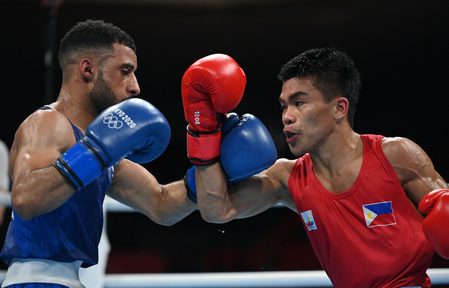
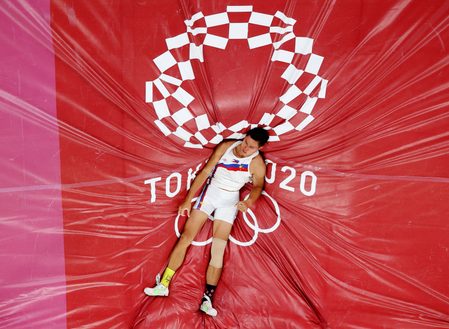
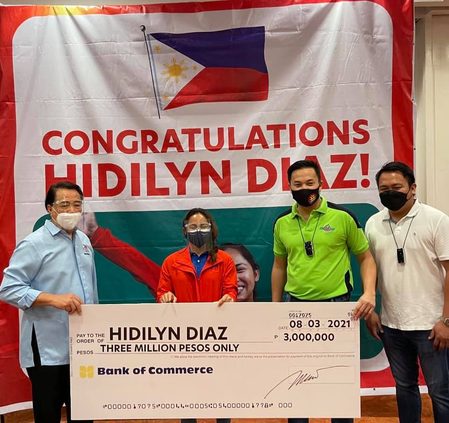
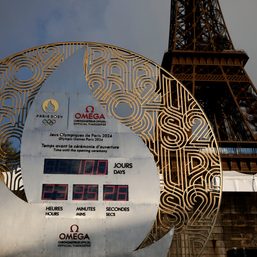
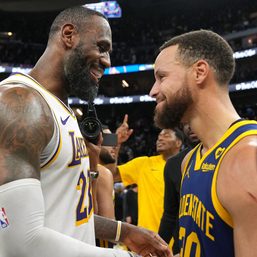
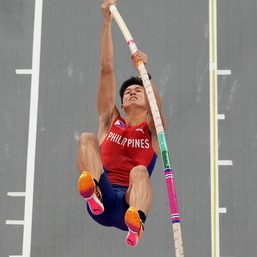
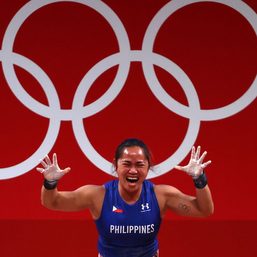
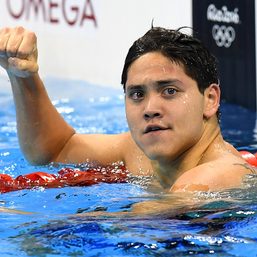
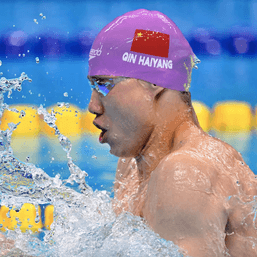
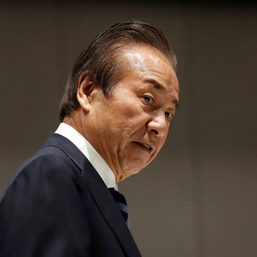
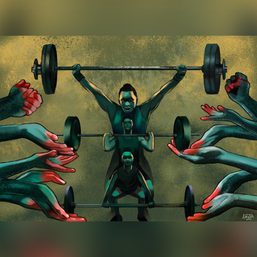
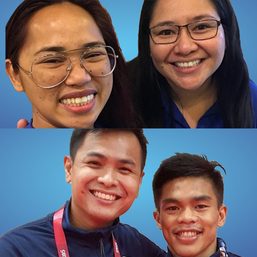
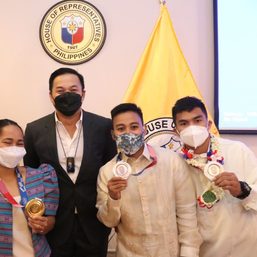
There are no comments yet. Add your comment to start the conversation.